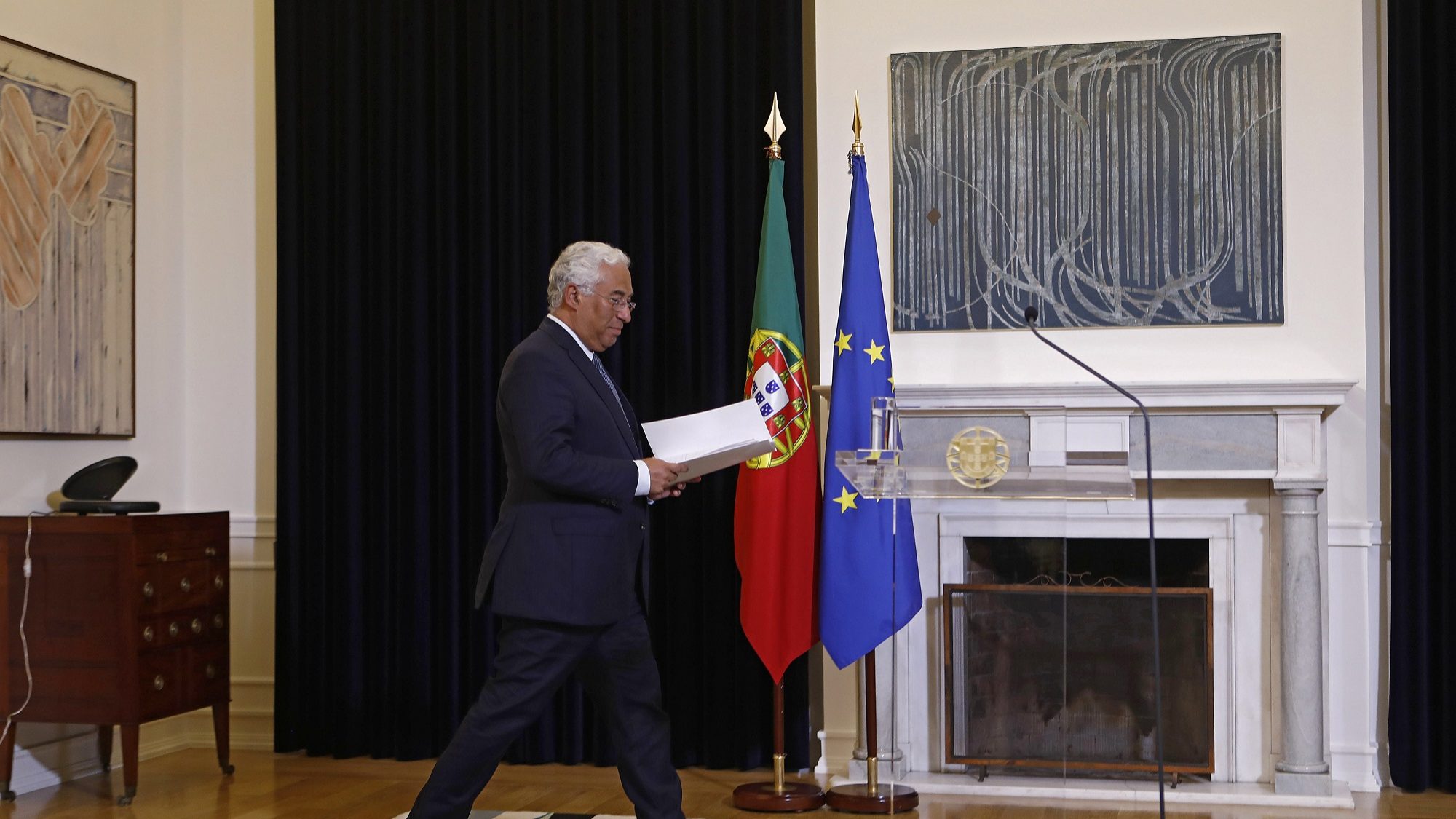End of ‘gold’ residence permits means €600M, 1,000 jobs may be lost
The measure may generate the "loss of the contribution of each new foreign investor in the Portuguese economy, which after five years, is about six times the value of its initial investment", says APR
The Portuguese association of residential tourism and resorts (APR) estimates that the end of ‘gold’ visas, announced by the government, may lead to the immediate suspension of investments of more than €600 million and 1,000 jobs.
In a statement released on Wednesday, the APR said that the extinction of ARIs (residence permits for foreigners who invest in property, etc., better known as ‘gold’ visas) “for tourism units, in particular, is a wrong and ill-timed measure that comes only a year after the last review and barely three or four months after it was voted down in parliament.
According to the entity, this measure, included in the government’s “More Housing” plan, could lead to the “immediate suspension of investments of more than €600 million and as a consequence, the creation of more than 1,000 jobs, which some of APR associates had planned for the next two years”.
In parallel, according to the APR, the measure may generate the “loss of the contribution of each new foreign investor in the Portuguese economy, which after five years, is about six times the value of its initial investment”.
According to data released by the association, last year, when “it was already impossible to invest in ARI for housing in urban centres, €534 million in investment were attracted, that is, a potential of more than three billion euros over five years,” it said, guaranteeing that “this is equivalent to 1.3% of national GDP [Gross Domestic Product]” and 18% of the Recovery and Resilience Plan (PRR).
The APR believes that “the complete extinction of the ARI would be a measure with serious economic and credibility impacts” for the country, “disconnected from the reality of the country and its regions, and done without adequate preparation”, adding that “worse would be to suddenly and totally end the ARI”.
“We would be hitting in a potentially irreparable way in the medium term essential sectors for Portugal that need foreign private investment – tourism, energy, health, logistics, among others – since the State does not have the capacity to respond, not even with the PRR,” it warned.
In parallel, “taking into account how recent the latest changes to the regime are, the overwhelming majority of investments that have been carried out since its entry into force are still under development and/or construction,” and the immediate introduction of the changes now announced would “make it unfeasible or at least imply a high loss of revenue in many of these projects still under development”.
The APR analysed the preliminary version of the draft law and, while acknowledging that it may be subject to changes, warned that the government’s intention to apply these measures retroactively may render “invalid the concession requests submitted after 16 February 2023”
“In APR’s understanding, such a claim proves to be excessively burdensome and certainly unconstitutional,” the organisation said.
According to the association, “it is stated in the transitory norms of the presented draft law that renewals of residence permits depend on proof by the investor that the property is rented for housing purposes for a minimum period of five years or that it is intended for the investor’s own and permanent residence or that of a descendant”, For the association, with these changes, “the assumptions required by the law in force at the time when the investors made their investments are being drastically modified in the middle of the period of time required by the State to obtain the residence permit they applied for”.
On the other hand, by not distinguishing the application of this limitation in relation to the different types of real estate that are the object of investment for ARI, this “makes it impossible for investors of real estate for non-residential purposes (which includes, among others, residential tourism) to benefit from the exception to the limitation of renovations”, it said.
Last week, Pedro Fontainhas, executive director of APR, told Lusa that the entity disagrees with the announced end of ‘gold’ visas and asked the government for a “reflection” to carry out studies, suggesting several other alternative measures.


